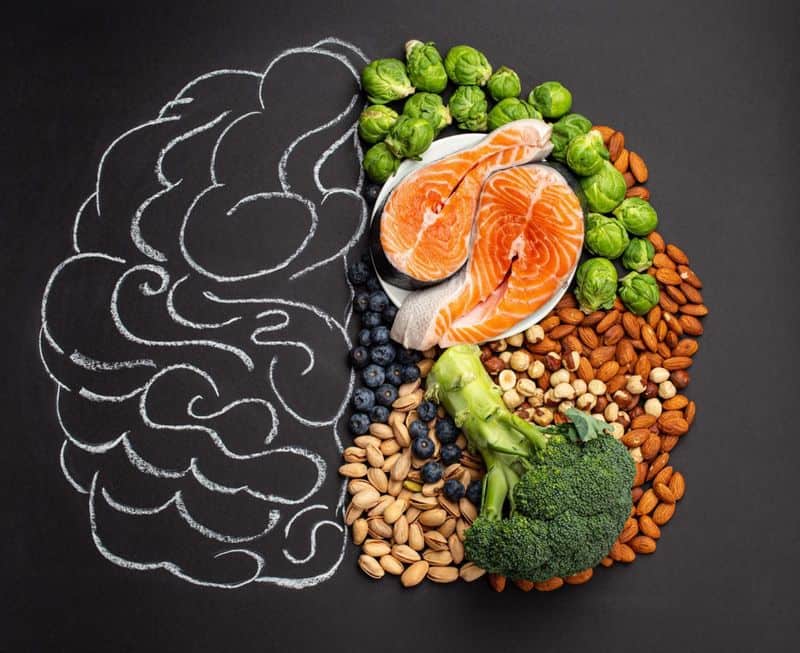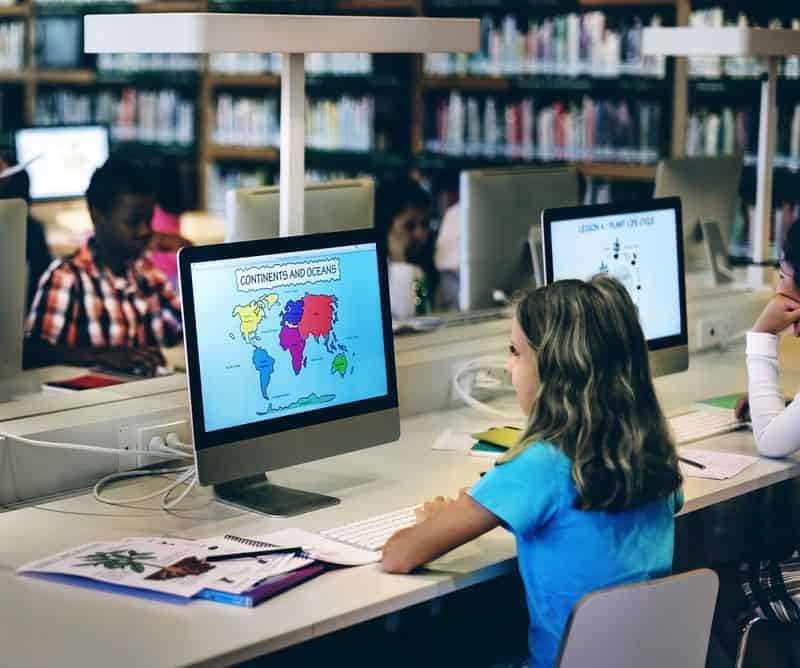Parenting is an ever-evolving journey, with each generation facing unique challenges and triumphs. While some aspects of parenting remain timeless, others have transformed dramatically. In this blog, we will explore ten ways parenting has changed or stayed the same across generations, offering insights into the dynamics of raising children in different eras.
1. Digital Age Influence

The advent of the digital age has profoundly affected parenting. Modern parents are tasked with navigating the complexities of digital devices, social media, and internet safety. These technologies provide new tools for education and entertainment, yet they also introduce challenges, such as screen time management and online security. Parents today must balance these tools with traditional parenting methods.
Unlike previous generations, who relied on books and word of mouth, today’s parents often turn to online resources for advice. This shift offers immediate access to information but requires discernment to separate reliable advice from misinformation.
2. Work-Life Balance

Balancing work and family life has always been a challenge, but the expectations have evolved. In earlier generations, distinct boundaries existed between work and home. Today’s parents often grapple with blurred lines, especially with remote work becoming more common.
This shift allows for greater flexibility, enabling parents to be more present in their children’s lives. However, it also demands skillful time management to ensure neither work nor family time suffers. Parents today strive to find harmony, using technology to their advantage while maintaining personal connections with their children.
3. Educational Expectations

Educational expectations for children have transformed significantly. In past generations, education was more rigid, with a heavy focus on rote learning. Today, there is an emphasis on creativity, critical thinking, and digital literacy. Parents now encourage their children to explore diverse learning paths and extracurricular activities.
This change reflects a broader understanding of different learning styles. Parents work closely with schools to tailor education to fit their children’s unique needs and talents, fostering a more inclusive and supportive learning environment. This evolution requires parents to be adaptable and proactive in their children’s education.
4. Health and Nutrition Awareness

Awareness of health and nutrition has drastically improved over generations. Previously, dietary guidelines were limited and often based on convenience. Today’s parents prioritize balanced diets, organic foods, and proper nutrition, supported by a wealth of nutritional information.
Parents now focus on teaching their children healthy eating habits from a young age. This involves not just what they eat, but understanding the importance of exercise and emotional well-being. As a result, parents are more engaged in their children’s health, fostering a holistic approach that combines physical health with mental and emotional stability.
5. Cultural Diversity and Inclusion

The value placed on cultural diversity and inclusion has grown significantly. Past generations may have experienced more homogeneous communities, but today’s families are often part of a multicultural society. Parents now prioritize teaching acceptance and understanding, celebrating diverse cultures.
This evolution encourages parents to expose their children to various cultural experiences and languages, fostering empathy and global awareness. By embracing differences, parents help their children build inclusive communities. This shift in parenting highlights the importance of raising open-minded, culturally aware individuals who are prepared to thrive in an interconnected world.
6. Discipline and Communication

Approaches to discipline and communication have evolved. Where past generations might have favored strict discipline, modern parents tend to adopt more communicative and empathetic methods. Today’s parenting encourages open dialogue, understanding the child’s perspective, and using positive reinforcement.
This shift reflects a broader understanding of child psychology and the benefits of nurturing parent-child relationships. Parents are more likely to engage in discussions that promote mutual respect, fostering a supportive environment for children to express themselves. This evolution has reshaped the dynamics of discipline, emphasizing empathy and communication over authority.
7. Technology in Education

Technology’s role in education has expanded remarkably. Previous generations had limited access to educational technology, relying on traditional textbooks and teaching methods. Today, digital tools like tablets, interactive software, and virtual reality enhance learning experiences.
This transition offers new opportunities for interactive and personalized education. Parents must navigate this digital landscape, ensuring that technology complements traditional learning rather than replaces it. By staying informed and involved, parents support their children’s ability to adapt to and thrive in a digital world, equipped with the skills necessary for future success.
8. Environmental Awareness

Awareness of environmental issues has become a priority for many parents today. Previous generations might not have emphasized sustainability, but current parents teach their children about recycling, conservation, and the importance of protecting our planet.
This shift encourages families to adopt eco-friendly practices like reducing waste, using renewable resources, and supporting green initiatives. Parents strive to instill values of responsibility and stewardship in their children, ensuring they grow up with an understanding of their environmental impact. This focus on environmental education reflects a broader commitment to nurturing a sustainable future.
9. Mental Health Acknowledgment

Acknowledging and supporting mental health has gained prominence in recent years. Past generations often overlooked mental well-being, focusing more on physical aspects. Modern parents recognize the importance of nurturing emotional health alongside physical development.
Parents now encourage open discussions about feelings, stress, and mental challenges. They work to remove the stigma associated with mental health, promoting therapy and support when needed. This evolution signifies a shift towards holistic parenting, where emotional support and understanding are integral to raising well-rounded individuals, equipped to handle life’s pressures with resilience and confidence.
10. Gender Roles and Parenting

Changing gender roles have redefined parenting. Previous generations often adhered to traditional roles, with distinct duties for mothers and fathers. Today, parents increasingly share responsibilities, with both taking active roles in child-rearing and household tasks.
This change reflects broader societal shifts towards equality and flexibility. Parents now model balanced partnerships, teaching their children the value of cooperation and respect. By breaking away from rigid gender norms, families foster environments where both parents contribute equally, promoting a sense of unity and shared purpose. This evolution in parenting encourages a more equitable and dynamic family life.

Well, hello there!
My name is Jennifer. Besides being an orthodontist, I am a mother to 3 playful boys. In this motherhood journey, I can say I will never know everything. That’s why I always strive to read a lot, and that’s why I started writing about all the smithereens I came across so that you can have everything in one place! Enjoy and stay positive; you’ve got this!

